
A nice guy turns murderous after undergoing a penis transplant.
You May Also Like
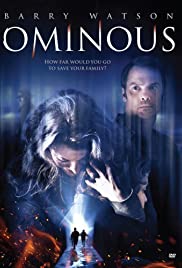

After finding out about the brutal murder of his fiancé, Shavar seeks revenge against a masked killer with a penchant for yard work weaponry. Fall will be the season of fear.
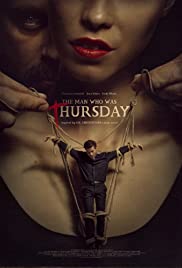
THE MAN WHO WAS THURSDAY is inspired by the existentialist novel of the same name by G.K. Chesterton (1908). The novel is considered a metaphysical thriller, and our film could be considered the same, though it also can be thought of in more classical cinematic terms a psychological and supernatural thriller.
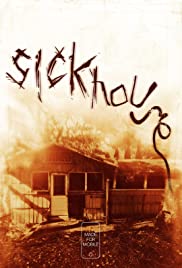
A group of teenagers film a live documentary on the Sickhouse legend to millions around the world. Stealth launched on Snapchat and experienced by millions, Sickhouse is a “made for mobile” horror thriller.
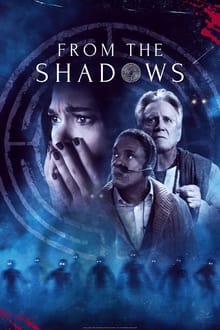
When Dr. Joseph Cawl and members of his Hidden Wisdom cult die in a mysterious fire, survivors contact a paranormal expert to find the truth. What they discover makes them the next target of a deranged killer.
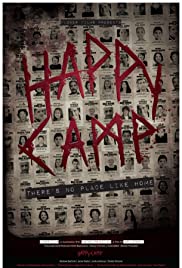
A man returns to the childhood town where his brother was abducted 20 years earlier.
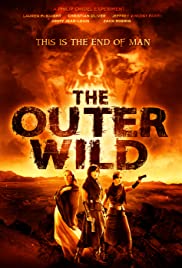
After an unnatural event leaves mankind nearly extinct, a runaway girl and a rogue bounty hunter brave a dangerous wilderness to find a fabled sanctuary that can either save or destroy what’s left of humanity.
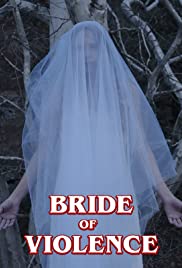
A boyfriend and girlfriend go camping for the weekend and run into an escaped convict.
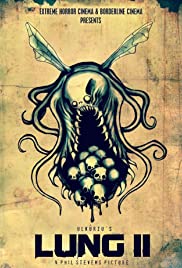
A nameless man wanders the city, littered with necrotic artifacts and a trail of corpses. Are his grotesque hallucinations clues to a violent past?

Directed by some of most well known Chinese-language directors of the time, the portmanteau film Four Moods was an attempt to alleviate Li Han-hsiang’s financial troubles during the late 1960s. Arguably one of his best works, King Hu’s short Anger is an adaptation of the famous Peking opera San Cha Kou; set to opera instrumentation and stylishly shot, the film deftly captures the tense showdown between political schemers, avengers and vagabonds inside an inn. Li Han-hsiang’s Happiness, inspired by the Strange Tales of Liaozhai, tells a tale of reprieve for a kind-hearted ghost, while Pai Ching-Jui’s Joy and Lee Hsing’s Sadness both explore the fateful encounters between mortal men and ghostly women.